
Replogle Foundation Names Oscar Broneer Room in New Student Center
The American School of Classical Studies at Athens is pleased to announce a gift from the Luther I. Replogle Foundation in support of the new Student Center. The Replogle Foundation has named a bedroom in the Annex in honor of Oscar Broneer, a prominent Swedish American archaeologist and longtime Professor of Archaeology at the School.
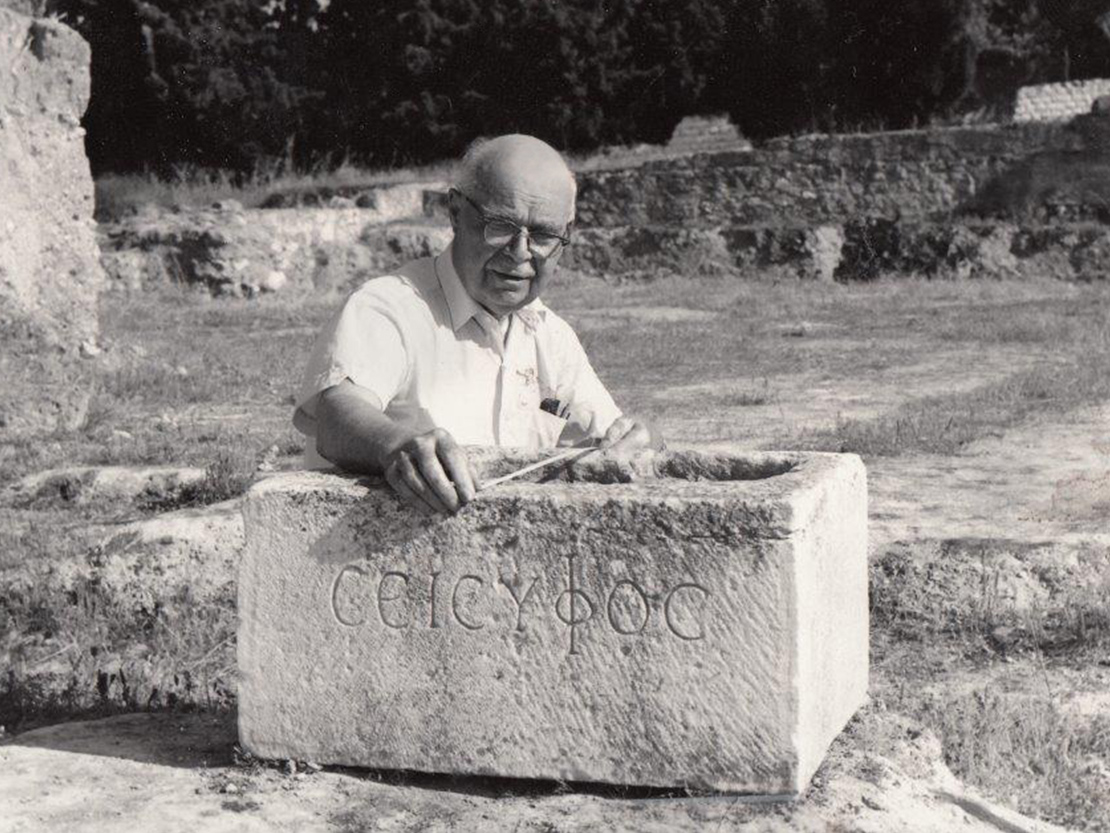
For more than 50 years, the name Oscar Broneer was synonymous with the American School. His long association with the institution began as a student in 1924, and it would lead to a lifetime of teaching and excavation in Greece. Broneer subsequently became one of the most influential teachers in the School’s history. During his remarkable tenure, Broneer served as Instructor (1926–1930), Assistant Professor (1930–1936), Associate Professor (1936–1940), and Professor (1940–1971). He was also Acting Director of the School in 1947–1948 and Field Director of the Corinth Excavations. From 1926 to 1949, Broneer had the main responsibility for leading the student trips, setting the standard for such distinguished scholars as Eugene Vanderpool, John Camp, and all others who succeeded him as the resident Professor of Archaeology (the position would be renamed the Andrew W. Mellon Professor of Classical Studies in 1975).
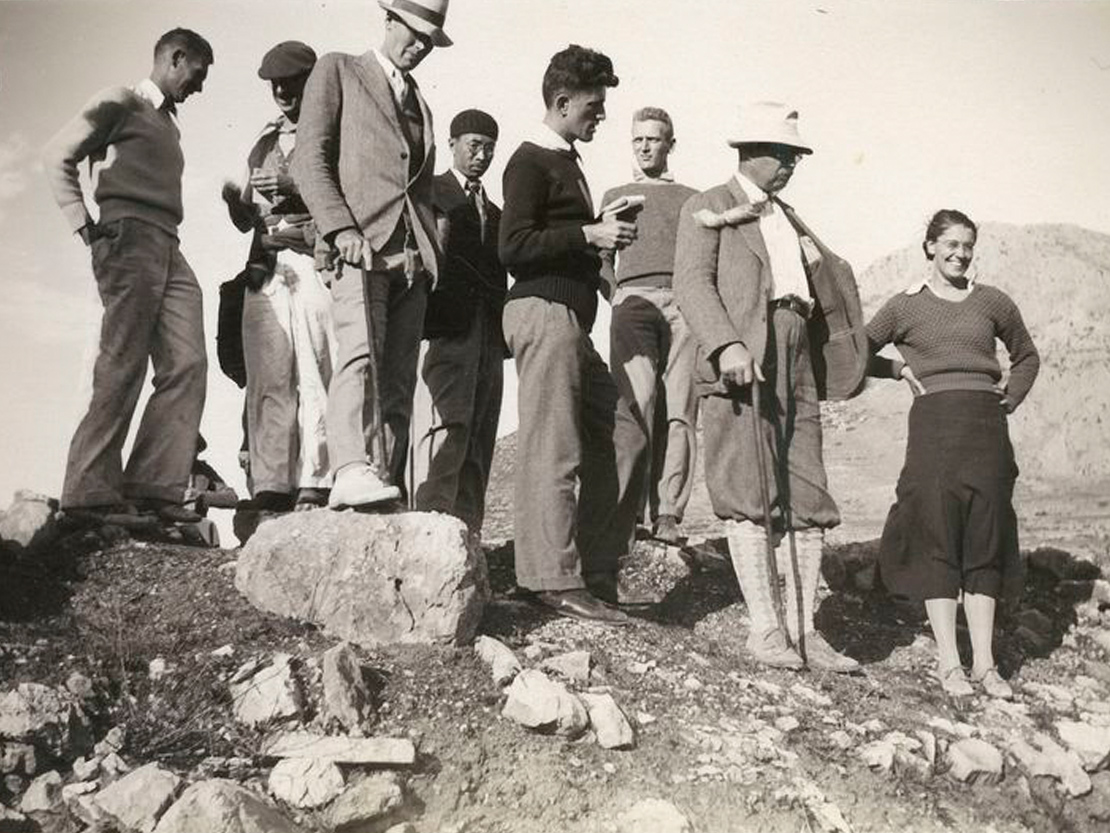
Friends of Oscar Broneer describe the special connection he had with the School: “As a professor at the School in the 1930s, Oscar Broneer pioneered the famous trips to archaeological sites throughout Greece, after which the students happily returned to Loring Hall and a hot bath. During those years, he and his wife Verna lived in an apartment in the main building with their two boys, Jon and Paul. Broneer later built a house in Ancient Corinth, but always returned to the School in Athens for the library and parties. He delighted in the students’ companionship and always kept rooms in Loring Hall.”
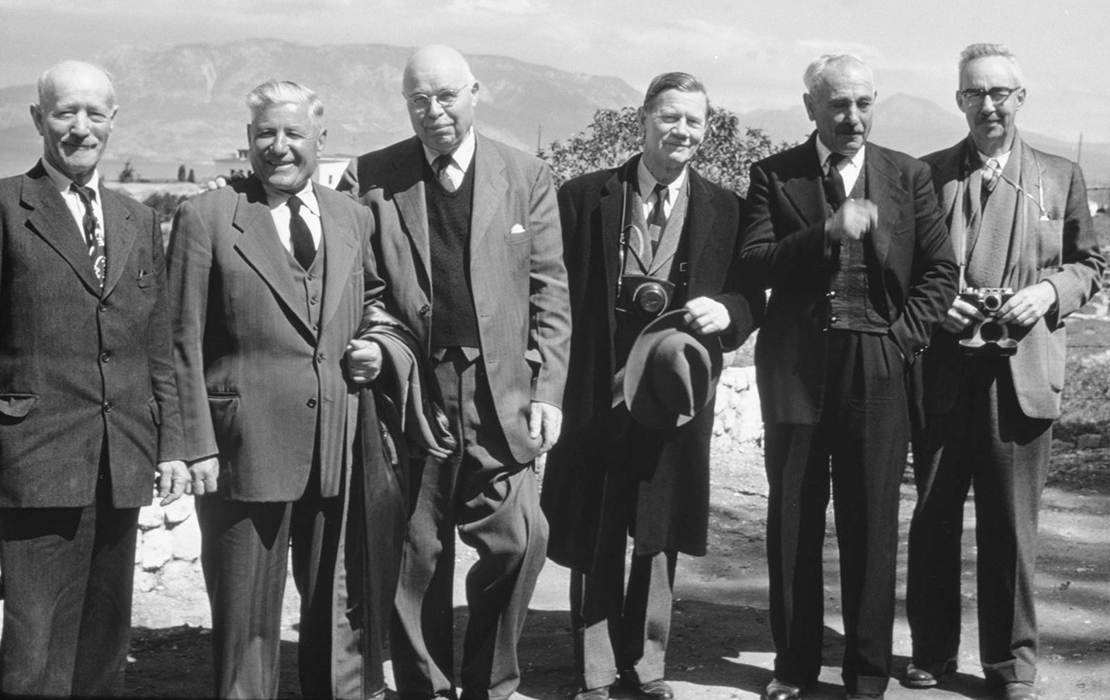
Alex Zagoreos, Chairman of the School’s Board of Trustees, expressed his gratitude for the Replogle Foundation’s gift: “This generous gesture is especially meaningful as Professor Broneer was a close friend of Luther Replogle, who inspired Broneer to build a house in Ancient Corinth. This naming commemorates their long friendship and will benefit future students and scholars who stay at Loring Hall.”
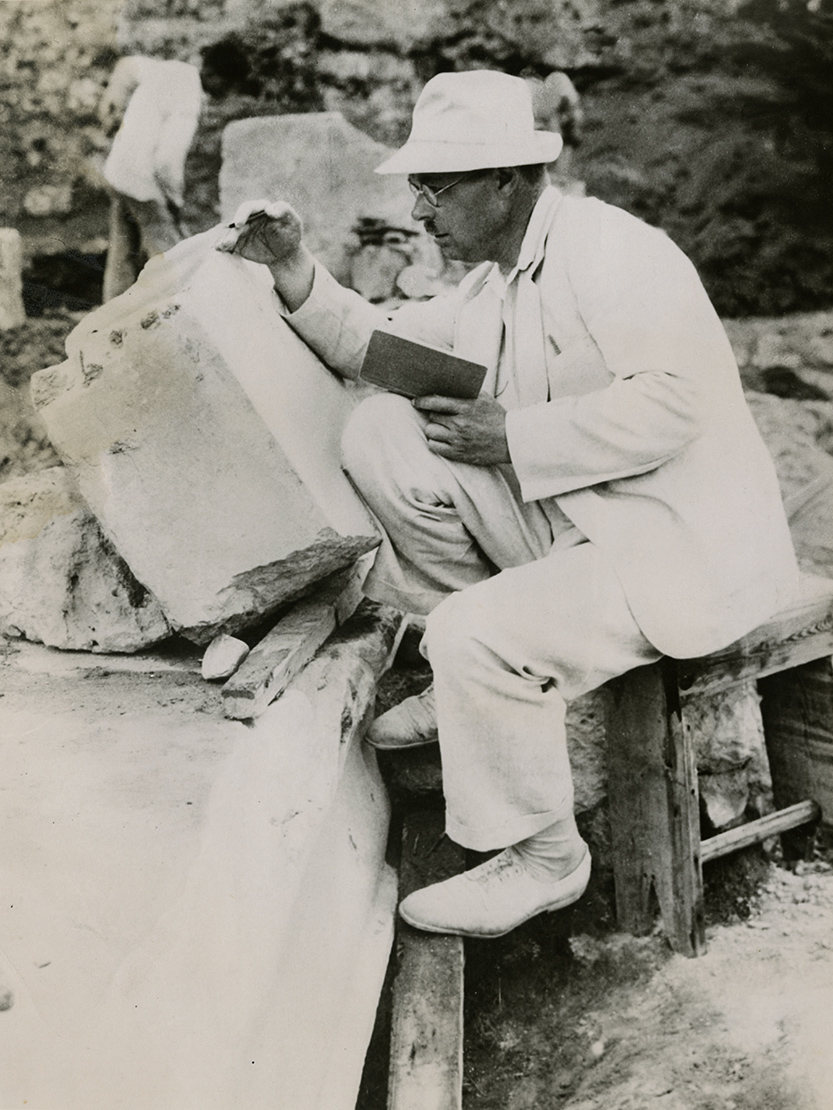
ABOUT THE LUTHER I. REPLOGLE FOUNDATION
The Luther I. Replogle Foundation is a philanthropic organization that supports humanitarian, scholarly, and cultural initiatives. The Foundation was established by Luther Irvin Replogle, a businessman, diplomat, and philanthropist. He was the founder of Replogle Globes which, during the mid-20th century, became the largest globe manufacturing business in the world. Replogle served as U.S. Ambassador to Iceland from 1969 to 1972.
MORE ABOUT OSCAR BRONEER
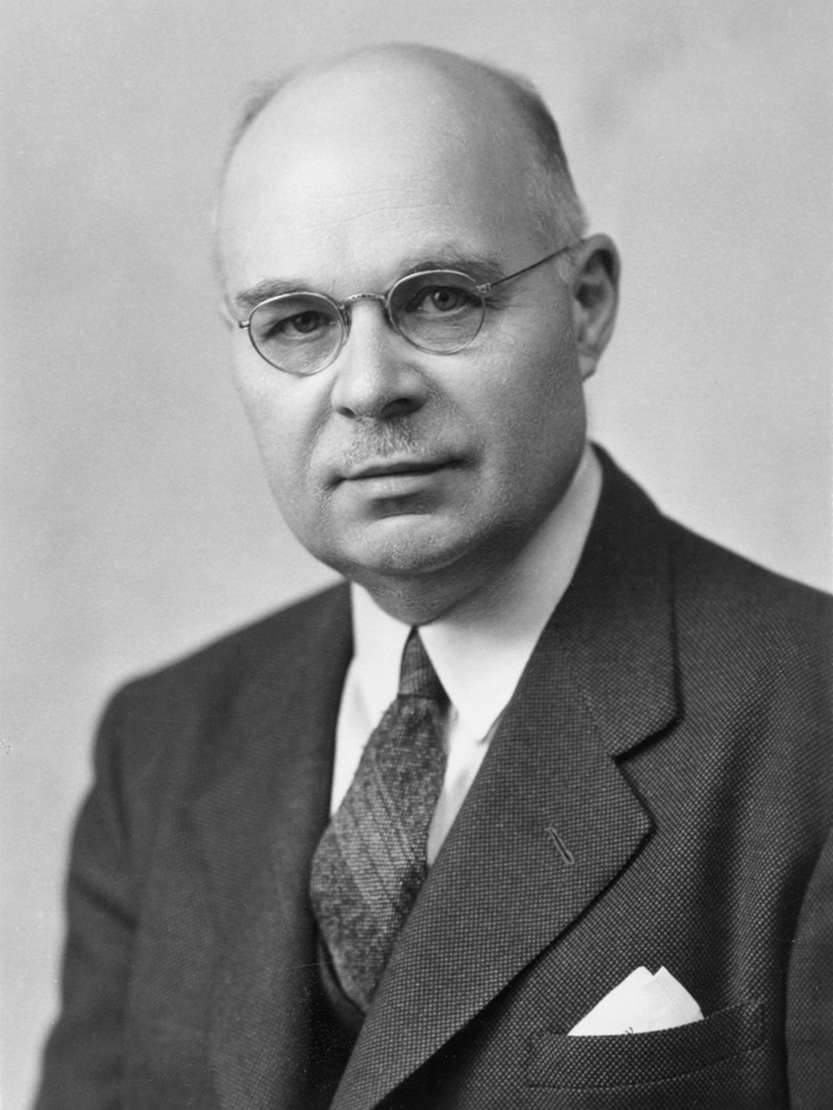
Born in Sweden, Oscar Theodore Broneer (1894–1992) immigrated to the United States at the age of 19 in search of a better life. Encouraged to continue his education, he studied at Augustana College (B.A. 1922), the American School (1924–1925), and the University of California, Berkeley (Ph.D. 1931). Broneer taught at the American School for nearly half a century (1926–1971), and from 1948 until he retired in 1960, Broneer was also a distinguished professor in the Department of Classical Languages and Literature at the University of Chicago. Under his inspired direction, the Sanctuary of Poseidon was first discovered during the University’s excavations at Isthmia in 1952. In subsequent seasons, through painstaking excavations and careful analysis of the remains, he was able to recover not only the Classical temple that had been destroyed in antiquity but also a hitherto unknown Early Archaic predecessor. He continued to expose the central temenos, two stadia for the Panhellenic Isthmian Games, a Roman shrine to Melikertes-Palaimon (hero of the Isthmian Games), and other monuments of the sanctuary. Broneer would dedicate the rest of his life to excavating Isthmia and wrote three monographs about his work there: Temple of Poseidon (Isthmia I), Topography and Architecture (Isthmia II), and Terracotta Lamps (Corinth IV.2). Throughout his career, Broneer authored eight books and more than 100 articles and reviews.
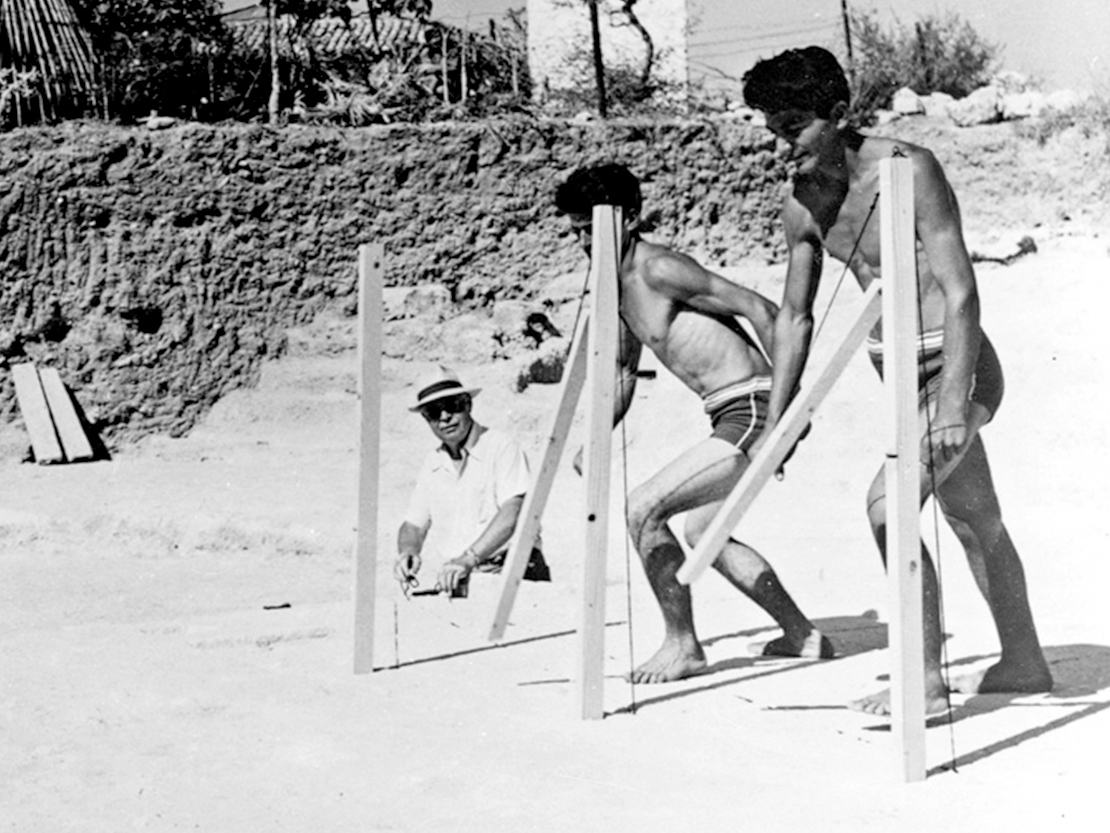
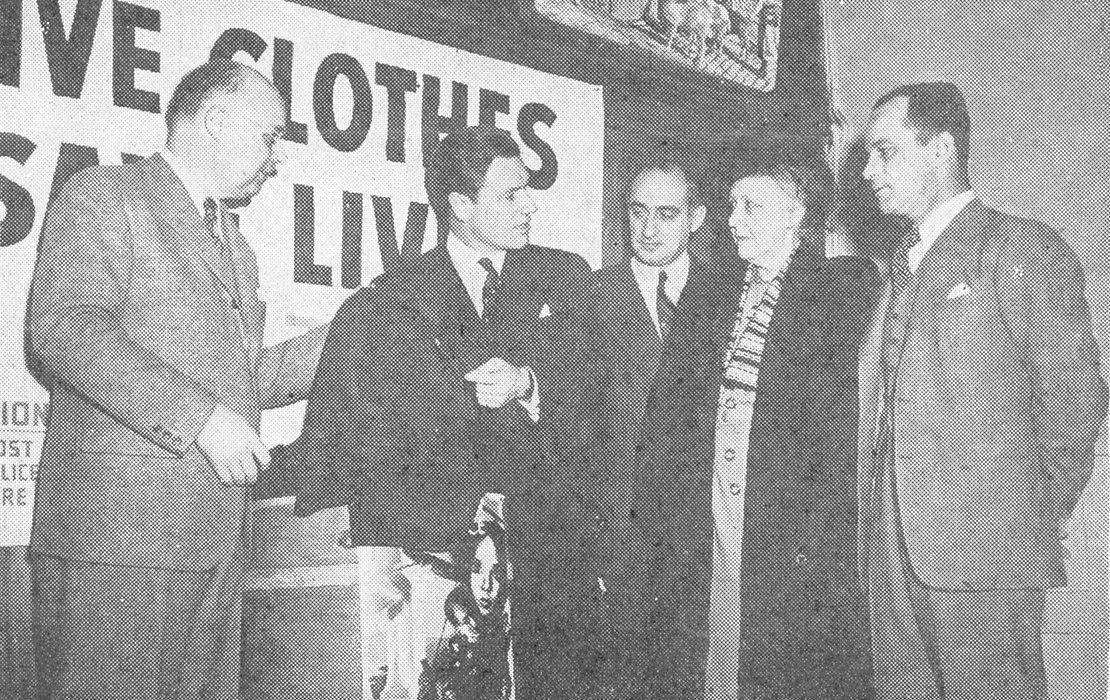
Broneer had a deep love and understanding for Greece and its people. Their welfare and future benefit concerned him greatly. During World War II, he served as Executive Vice President of the Greek War Relief Association in New York and worked tirelessly to get aid to Greece’s impoverished citizens. In recognition of his philanthropic services and dedication to his adopted country, the Greek government made Broneer a Commander of the Royal Hellenic Order of the Phoenix in 1962 and granted him honorary citizenship of Corinth. In 1969, he was awarded the Gold Medal for Distinguished Archaeological Achievement by the Archaeological Institute of America.
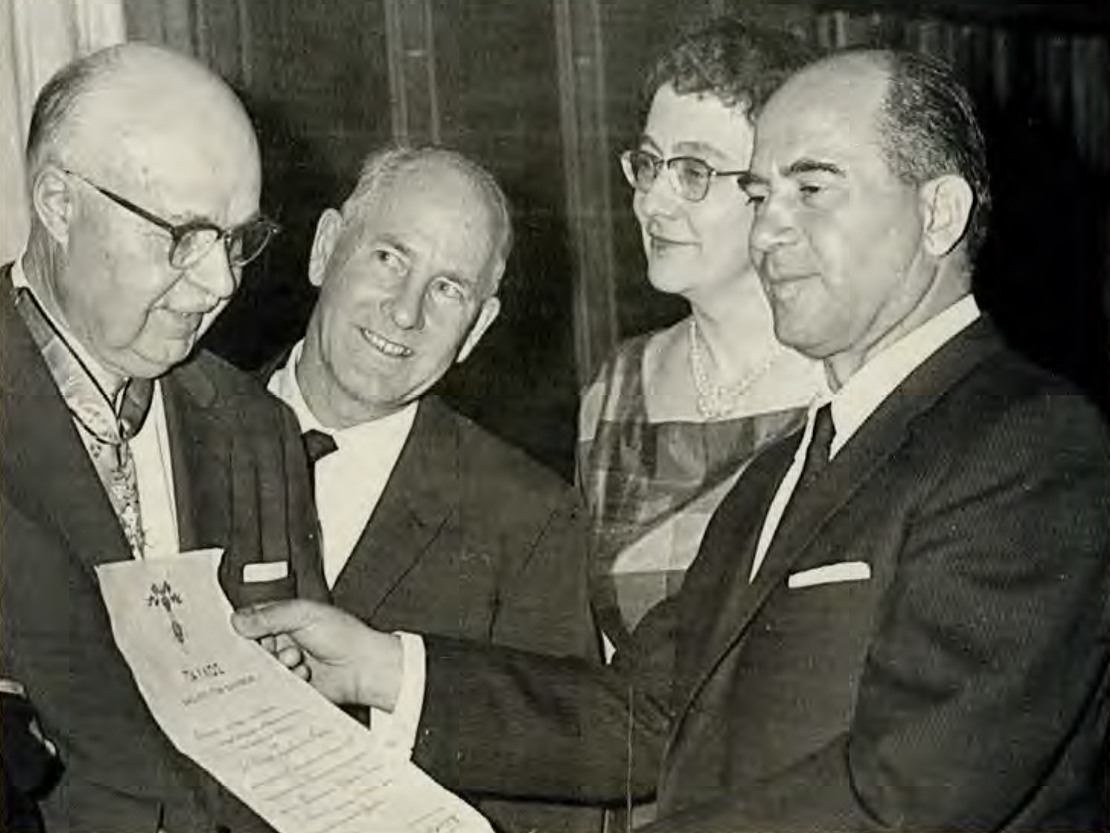
Broneer died in 1992 at the age of 97. The funeral, in Old Corinth, was attended by the entire able-bodied population of the village. The church was packed, Charles Williams and Andreas Mavragannis spoke the eulogies. Broneer and his wife, Verna, rest in the cemetery of Hagia Anna in Corinth.
Please click this link to learn more about Oscar Broneer.
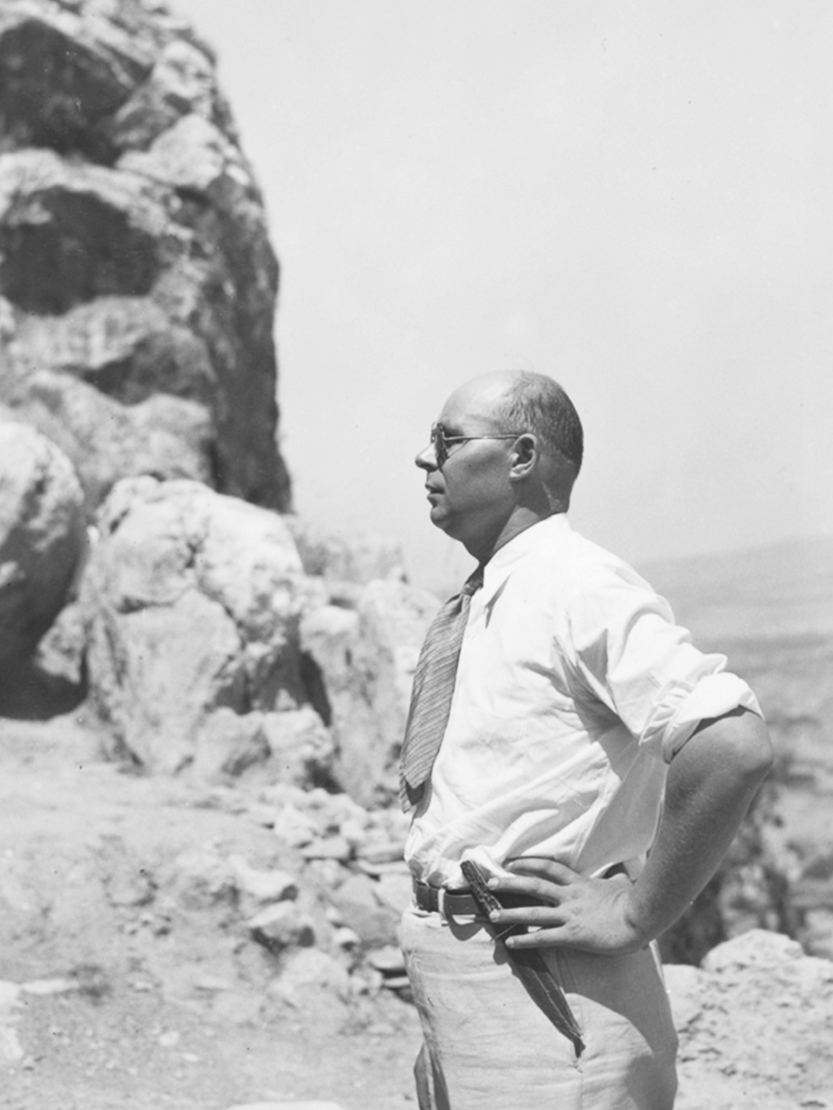
ABOUT THE STUDENT CENTER CAMPAIGN
The Student Center Campaign was launched in October 2018 to raise funds for renovating and expanding the three aging buildings that serve as the intellectual and residential heart of the American School: Loring Hall, the Annex, and West House. This transformative project will increase housing capacity, reduce energy consumption, add state-of-the-art features and technology, and bring the buildings up to the latest technical standards—all while preserving the complex’s historical appearance. The Student Center will remain the place where members of the community gather for meals, tea, ouzo hour, holiday celebrations, and lectures—a source of lifelong professional and personal relationships that characterize the collegial and intellectually vibrant atmosphere of the School. This modernized setting will enhance that experience and will meet the needs of the School community well into the future.
SUPPORT THE CAMPAIGN
The goal of the Student Center campaign is $9.4 million, inclusive of a maintenance endowment. Thanks to generous supporters like the Replogle Foundation, $7.7 million has been raised to date. The new Student Center is expected to open in June 2021.
To learn more about how you can support this historic initiative, please contact Nancy Savaides, Director of Stewardship and Engagement, at nsavaides@ascsa.org or 609-454-6810. Naming opportunities for a variety of spaces in the Student Center are still available. Donors can choose from a wide range of gift levels to name a room or area in honor of themselves, an American School scholar, or a family member, friend, or group. Please click the links below to view the nameable spaces and options that remain:
STUDENT CENTER CONSTRUCTION PHOTO GALLERY
Click this link to view more photographs of the work in progress.
Photos: Unless otherwise noted, all images are from the American School’s Digital Collections.

